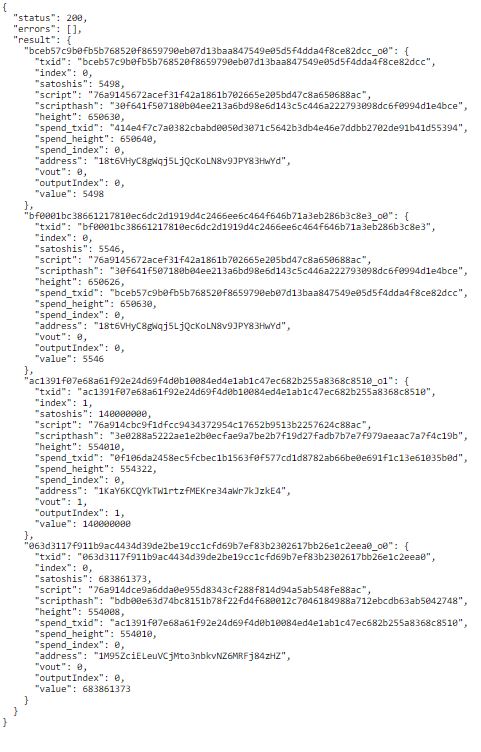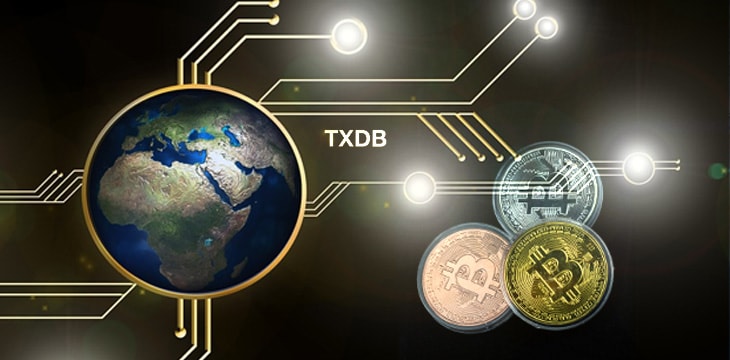|
Getting your Trinity Audio player ready...
|
There’s a new set of APIs for Bitcoin token services and application developers that lets them query the most recent status of any transaction. TXDB is a “global Bitcoin transaction spend index” from infrastructure builders Matterpool, one that provides an easy way to get the transaction’s “spend status” by looking at when (ie: where on the blockchain) it was last spent.
Speaking to CoinGeek, Matterpool’s Attila Aros said blockchain data allows developers to look backwards through the data easily, but not forwards. Having TXDB’s spend status handy means they can now walk forward through the data to see a transactions current status. This in turn allows them to quickly update the application state.
https://twitter.com/AttilaAros/status/1300481858036137984
Here’s an example in code:

Aros highlighted token solution developers—or those leveraging token solutions—as a target user group for TXDB, but said it was useful to any developer looking for a full database of transactions who didn’t, or couldn’t, host a full node or keep a record of all blockchain data themselves. Calling TXDB allowed them to find where a transaction was last spend by showing the exact block number it last appeared in.
“Basically it shows where was the transaction spent. This is important because imagine you have a token… that token is identified by some TXID. In order to know the latest state or transfer history of that token TXID, then we must figure out WHERE it was spent.”
This makes it fast and easy for an application developer to update its state, he said.
TXDB does not use SPV, though Matterpool currently has other solutions for that—and would also build SPV data into TXDB “in the not-so-distant future.”
Matterpool designed the API calls to be fast and able to scale. Internal testing showed it could handle 20,000 transactions per second, and it would have no problem dealing with Bitcoin blockchain growth of 10-20 times over the next couple of years.
Matterpool can “quickly and easily deploy this solution to any data center region,” Aros wrote on Twitter, adding “The fun begins now.” He invited any interested parties to contact him for information on how to integrate it into their services.
The need for speed
As Bitcoin becomes known more as a network protocol for processing any kind of data using a blockchain ledger, services that allow various applications to query its transaction database will become increasingly important. As the amount of data on the blockchain grows exponentially, these services will need to compete on efficiency and speed—and their ability to drop them easily into any kind of application.
Being able to find and retrieve stored data on the blockchain, and its current status, is a big deal. This is true for any service that utilizes blockchain data, from commerce apps that spring easily to mind like wallets and payment processors—to larger-scale users like private health records.
However it’s particularly true for tokenization. One key use case for Bitcoin is to “tokenize” real-world assets—such as real estate, business contracts, and company shares. A token, “colored coin”, or any other blockchain-data representative of something in the real world, has ownership and status coded into transaction data.
Those developing on Bitcoin are already at an advantage, since they already understand this new model for data storage and retrieval. The blockchain’s transparency and auditability makes it far more useful for storing data than anything else available today. Experienced Bitcoin developers will be at the cutting edge and able to innovate with their ideas, while others still think of the word “transaction” as something that only involves money changing hands. These days, that word means a whole lot more.

 02-16-2026
02-16-2026 




